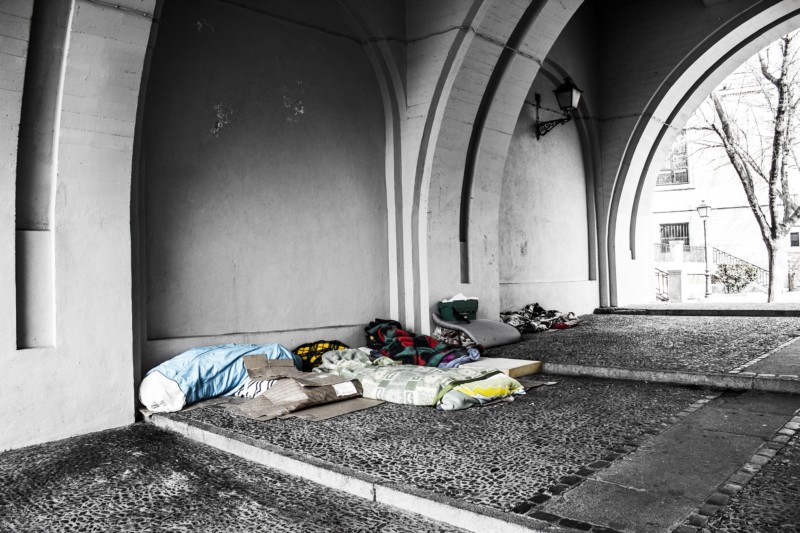During the Spring General Meeting that concluded on 8 March last, bishops commended the work of parishes across Ireland offering pastoral support to the Ukrainian Greek-Catholic faithful, and expressed their support to Ukrainian priests ministering here. Bishops also acknowledged the overwhelmingly positive response of people to our new arrivals seeking refuge or asylum as a result of war and persecution. In line with the values that derive from the Gospel and our strong Christian heritage, bishops thanked people for maintaining our reputation as a country of welcome and a safe space for those in need: ‘I was a stranger and you made me welcome’ (Matthew 25:35).
Bishops said, “The generosity of the people of Ireland, and of the State, in responding to the unprecedented situation, needs to be acknowledged. It is visible in every parish, town, community and city in the country. As Church, we too have answered that call. Over forty Religious Congregations have made a variety of accommodation offers. There were also a number of good examples of offers and projects at parish and diocesan level. Many of our teachers, thankfully, have been to the fore in welcoming and accommodating children into our school community.”
Bishops also drew attention to the reality that as the number of people seeking refuge increases, so do the demands and challenges on adequate housing provision and access to services in local communities. Bishops said in conclusion, “for too long, there has been a lack of urgency in the provision of housing for all in Ireland. To integrate refugees and people seeking asylum into our communities requires a focussed plan on the part of government and public bodies and an openness to work constructively with people locally so as to maximise opportunities for real encounter. This must involve listening to the genuine concerns of local people and allaying their fears. A concerted effort should also be made to utilise incoming skills for the benefit of all, helping to promote, in the words of Pope Francis, ‘a culture of encounter and openness to others with mutual respect for diversity.’”
ENDS


